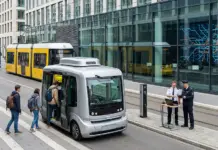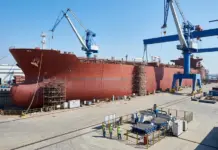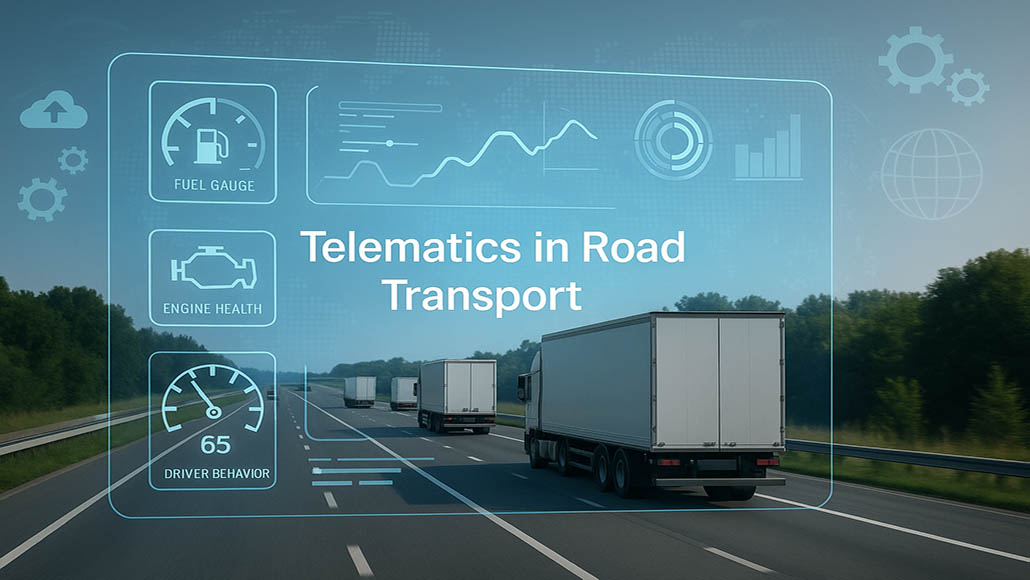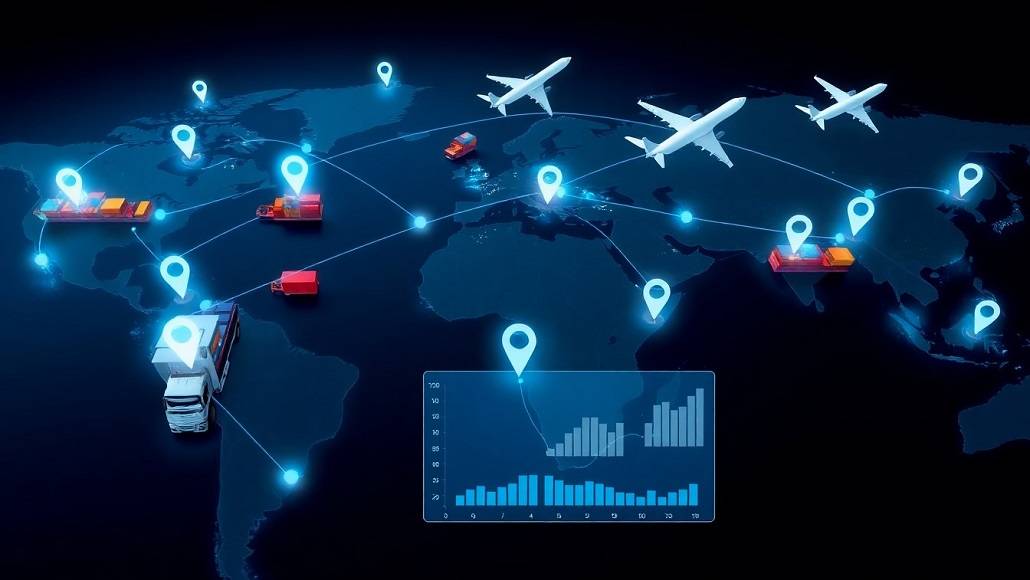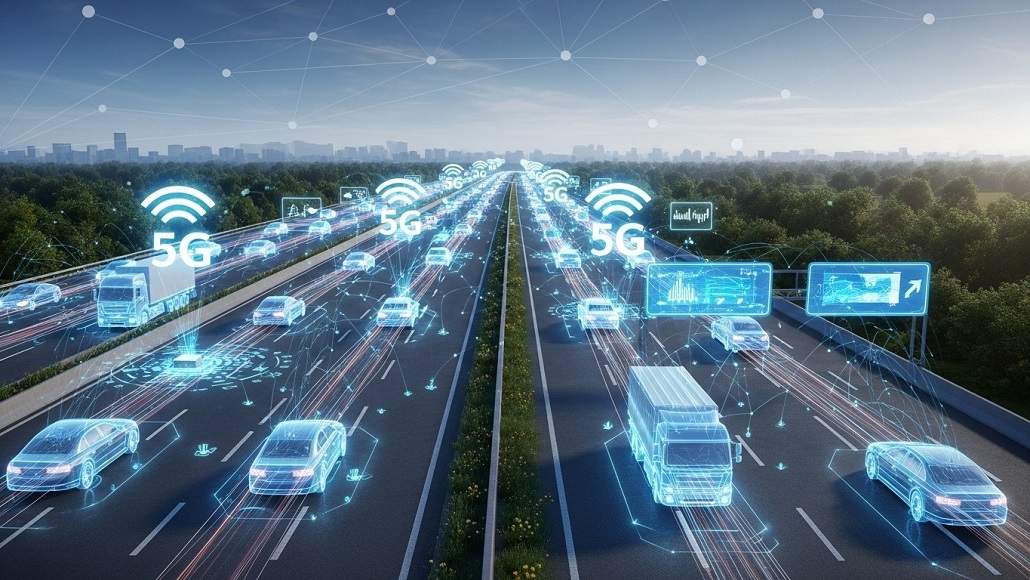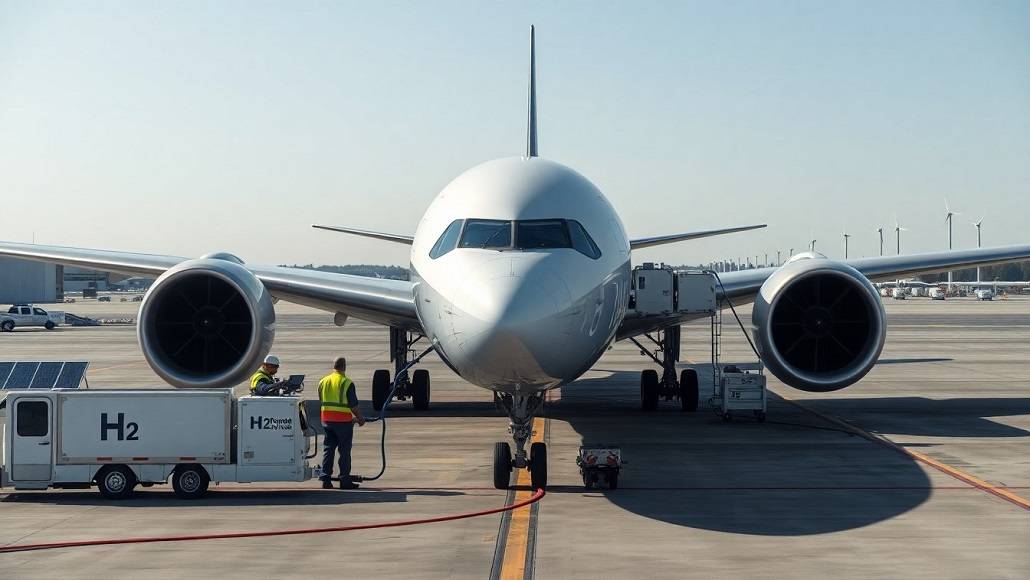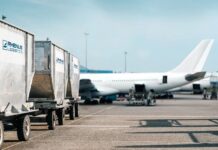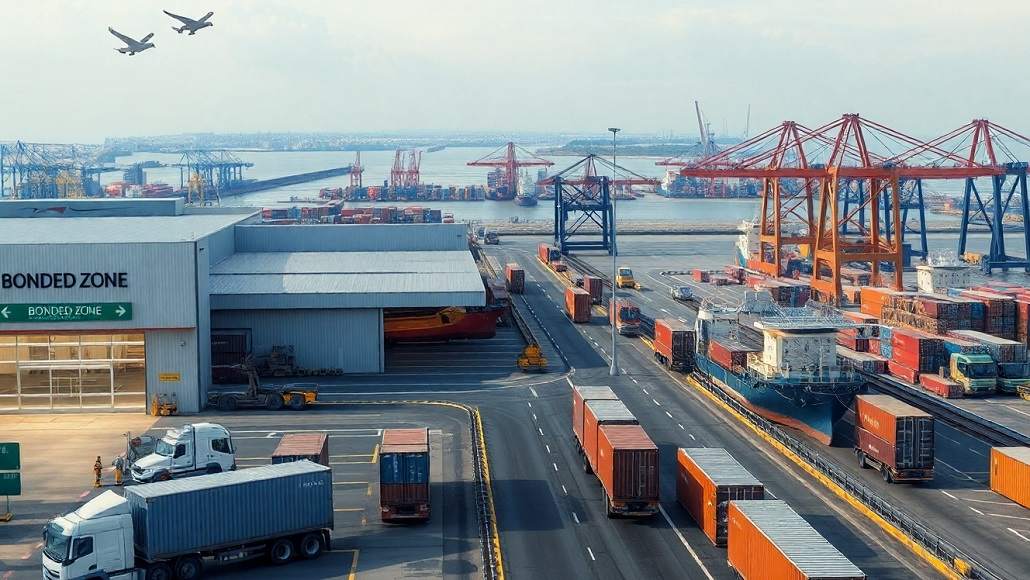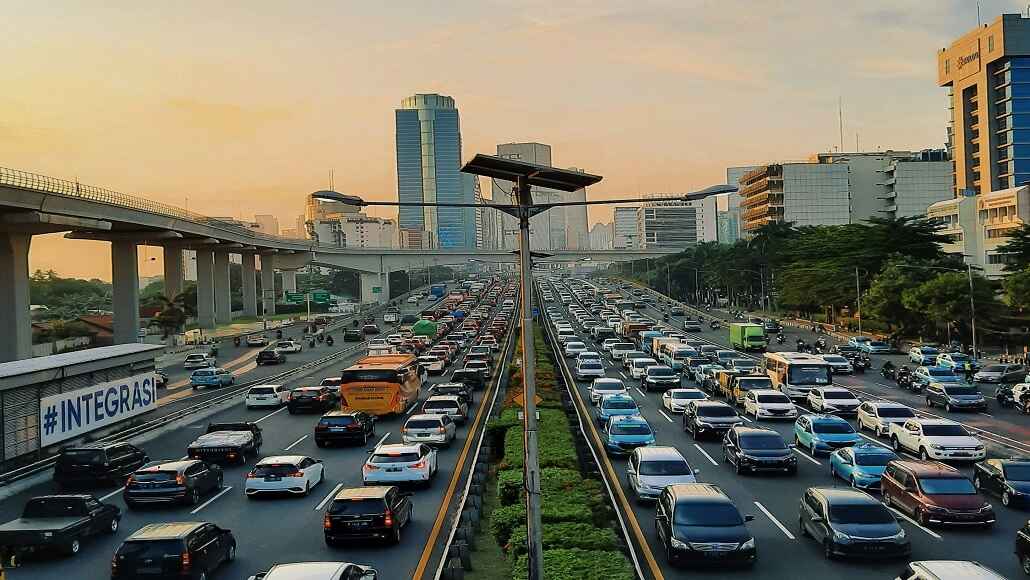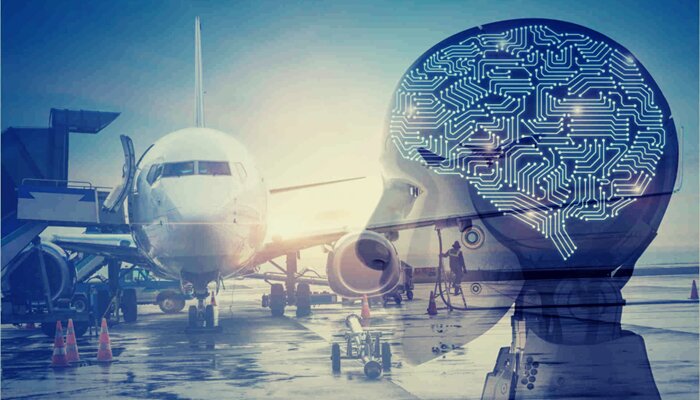In the ever-changing world in which we find ourselves, and particularly in the context of an airport, it is necessary to coordinate the many different activities in a seamless manner in order to guarantee efficiency, safety, and the happiness of passengers. Both artificial intelligence (AI) and machine learning (ML) are technologies that have the potential to revolutionize airport operations in this age of rapid technological growth. They provide a wide range of applications that may improve airport operations.
Artificial intelligence and machine learning technologies are revolutionizing the way airports function in a variety of ways, including optimizing resource allocation, increasing security measures, and improving passenger experiences. It is time for airports to embrace this transformation and take it seriously.
Data is generated by airports.
The artificial intelligence and machine learning technologies have the capacity to analyze huge volumes of data created inside airport ecosystems. This data might include everything from passenger flow patterns and luggage handling procedures to the maintenance needs for essential infrastructure. With the help of artificial intelligence algorithms, airports are able to make proactive choices, anticipate possible bottlenecks, and optimize many aspects of their day-to-day operations more effectively.
In addition to the aforementioned, artificial intelligence may also be used for security systems in order to improve threat detection skills, recognize suspicious behaviors, and reduce hazards in real time, hence strengthening airport security procedures. Additionally, airports may be able to adapt services and experiences to individual passenger preferences via the use of analytics driven by artificial intelligence. This can result in a trip that is more personalized and efficient, beginning with check-in and ending with boarding.
Predictive maintenance for facility management systems is something that may be considered. This kind of maintenance allows artificial intelligence algorithms to analyze the data that is collected from sensors that are installed in various pieces of equipment, such as escalators, baggage handling systems, HVAC systems, and so on.
These algorithms are able to identify trends that are suggestive of possible failures by monitoring parameters and measurements from the systems, such as temperature, vibration, and energy usage. We are able to anticipate when the maintenance would be required and proactively arrange any necessary repairs or replacements. This will provide us with the benefit of minimizing downtime and preventing interruptions that were expensive.
The improvement of safety
There is potential for improvement in the areas of security and screening, since we have the ability to use machine learning algorithms that can be trained on enormous datasets of previous security events that we have seen. These algorithms can recognize patterns that are connected with restricted products or suspect behavior. These algorithms are able to analyze data in real time from security cameras, metal detectors, and other screening equipment that has been deployed at the airport in order to automatically trigger the detection of possible threats. In addition, artificial intelligence may enhance the capabilities of human security officers by delivering alarms in real time and drawing attention to areas that may need a more thorough examination. It is also possible for us to make use of artificial intelligence in the facial recognition system that we have. This technology allows us to compare photographs of passengers’ faces that have been taken at different checkpoints around the airport with a database of recognized individuals, such as registered travelers or people of interest. These systems have the ability to improve security and speed passenger processing by automating the process of identification verification. As a result, wait times can be reduced, and the general flow of passengers through the airport can be improved.
Efficient handling of baggage and analysis
Moving on to the management of luggage, artificial intelligence has the potential to optimize methods for managing baggage by monitoring individual bags via the use of radio frequency identification (RFID) tags or barcode scanners. The analysis of historical data using machine learning algorithms allows for the prediction of baggage movement, the anticipation of bottleneck locations, and the identification of possible problems such as lost or accidentally handled luggage. We are able to lessen the likelihood of travelers experiencing delays and misplaced bags by enhancing the efficiency of the baggage handling process. This will result in a more pleasant travel experience for passengers.
Continuing with the topic of customer experience, artificial intelligence may also be used with chatbots and virtual assistants that are able to provide individualized support to passengers during their trip. These virtual assistants are able to give answers to frequently asked queries, provide real-time information on the status of flights and gate changes, and provide suggestions about airport facilities and services. It is possible for AI-powered assistants to improve the experience of passengers and minimize the amount of work that airport workers have to do by automating mundane operations and presenting useful information in a timely manner.
The distribution of resources
Airport operations may also be significantly increased and improved. For instance, we can use machine learning to analyze historical flight data, weather predictions, and air traffic patterns in order to optimize flight schedules and routes. This can be done in order to improve airport operations. We will be able to discover chances to minimize delays, decrease fuel consumption, and maximize the use of airspace using this information. It is possible for airlines and air traffic controllers to increase the overall efficiency of air travel by making choices that are better informed. This would be to the advantage of both passengers and the environment simultaneously. To continue with the optimization of airport operations, we may also utilize artificial intelligence to analyze our passenger data traffic, aircraft schedules, and resource availability in order to optimize the distribution of airport resources. Using these algorithms, for instance, gates and check-in counters may be dynamically assigned depending on demand, personnel levels can be optimized to meet passenger numbers, and security screening processes can be adjusted to minimize wait times.
Through the optimization of resource allocation, our airports have the potential to increase their operating efficiency, therefore reducing costs and giving passengers a more satisfying experience.
To summarize the information presented above, we would say that there are fundamentals for artificial intelligence and machine learning that no one can ignore or work without. These foundations include the collection of data, the processing of data, the appropriate selection of algorithms, the manner in which we train our model using the foundations mentioned above, the appropriate integration approach with variance systems within your environment to begin analyzing, prediction, and so on. Lastly, we need to have close monitoring of the integration and continue to learn from it in order to improve it more and more.



